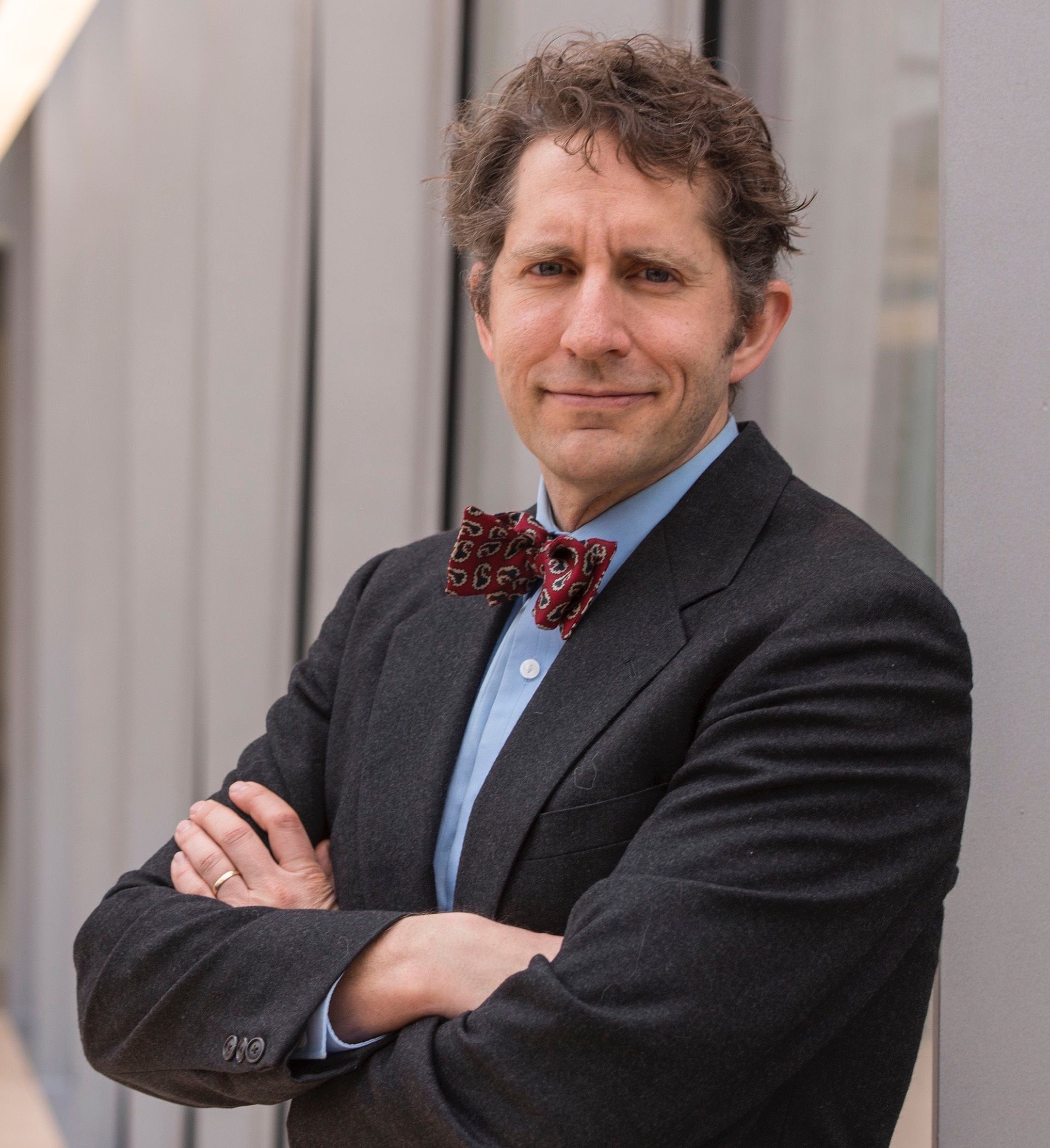
@profjamesevans
Max Palevsky Professor of Sociology, Computational & Data Science @UChicago tweeting about science, technology and augmented imagination.

@profjamesevans
Max Palevsky Professor of Sociology, Computational & Data Science @UChicago tweeting about science, technology and augmented imagination.